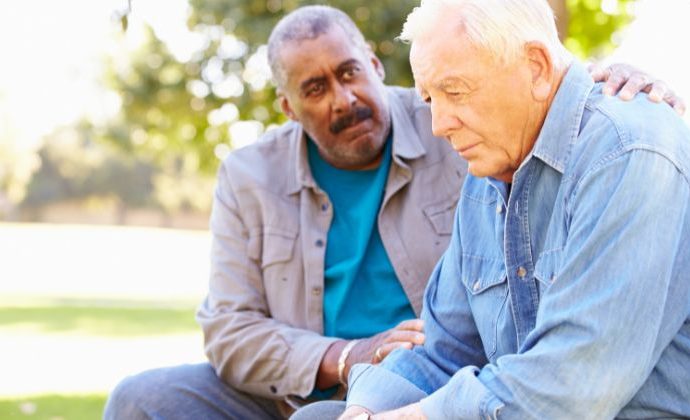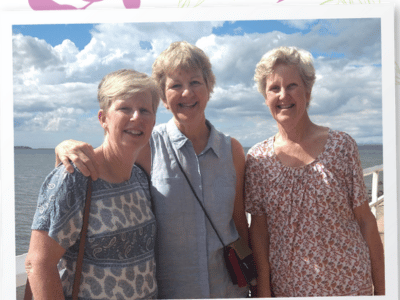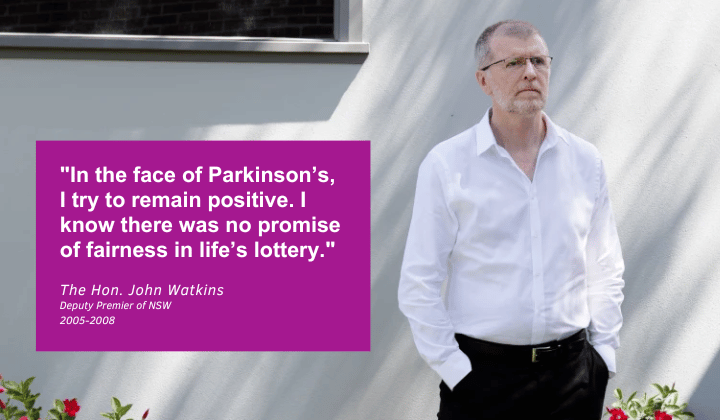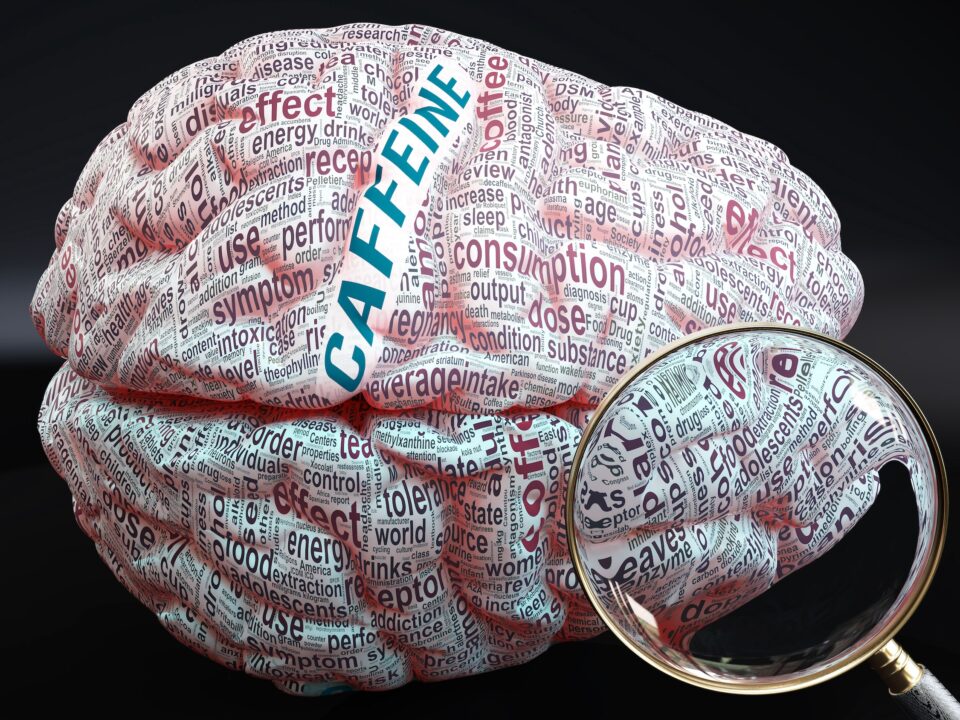Grief is how humans respond when experiencing loss.
It is a normal, natural, and inevitable response to loss and can affect every part of a person’s life. It can seem like a roller coaster with good days and then bad days.
Grief allows you to gradually adjust to the loss – and the changes that the loss brings. It helps you to seek a way forward without the person who has passed away.
Everyone’s experience of grief is different. There is no right or wrong way to experience grief. It is a very individual experience.
Its feelings may be intensely felt and can be described as anxiety, anger, disbelief, sadness, panic, numbness and even relief.
Some people are fearful that they may lose their personal connection or memory of the person who has passed away. Some may feel disloyal if they start to enjoy activities.
Also people can feel confused and unable to concentrate, or they may feel that they are never going to be able to get over the loss or move on with their lives.
There may also be some physical reactions to grief such as lethargy, loss of appetite, nausea, and pain. These symptoms need to be checked to ensure that they are not related to illness.
Self-care can be neglected and dependency on alcohol or drugs can be potentially harmful. Grieving people can also lose contact with their spiritual beliefs.
Just as there is no ‘correct’ way to grieve, there is no ‘right’ period of time for grieving. Eventually though, life will again have meaning.
Some prefer to express their grief privately while others may express publicly how they are feeling. Some people prefer to talk to and want to express their feelings while others are reluctant to talk. Even individual members of the same family or group can react differently, and their reactions need to be respected.









